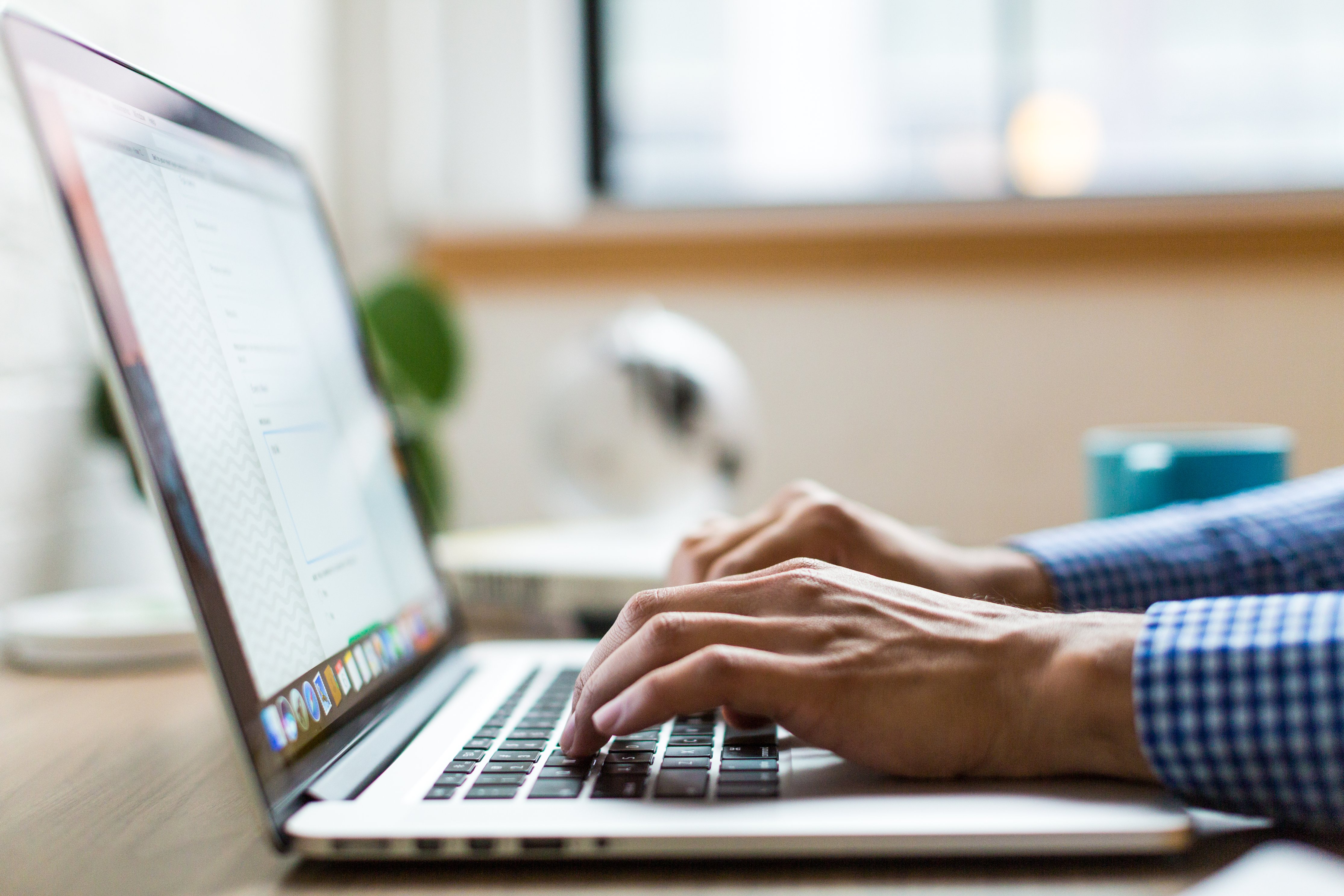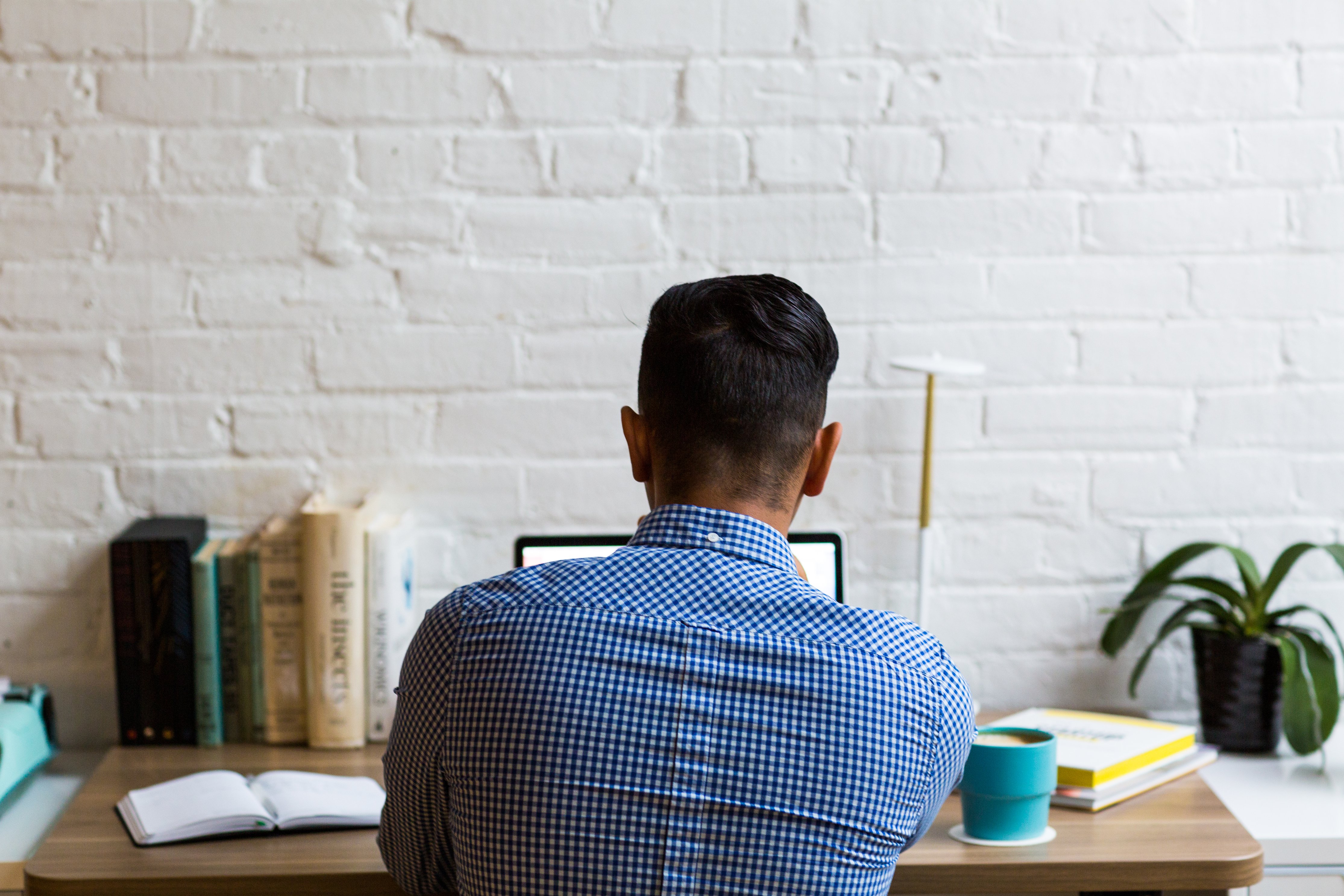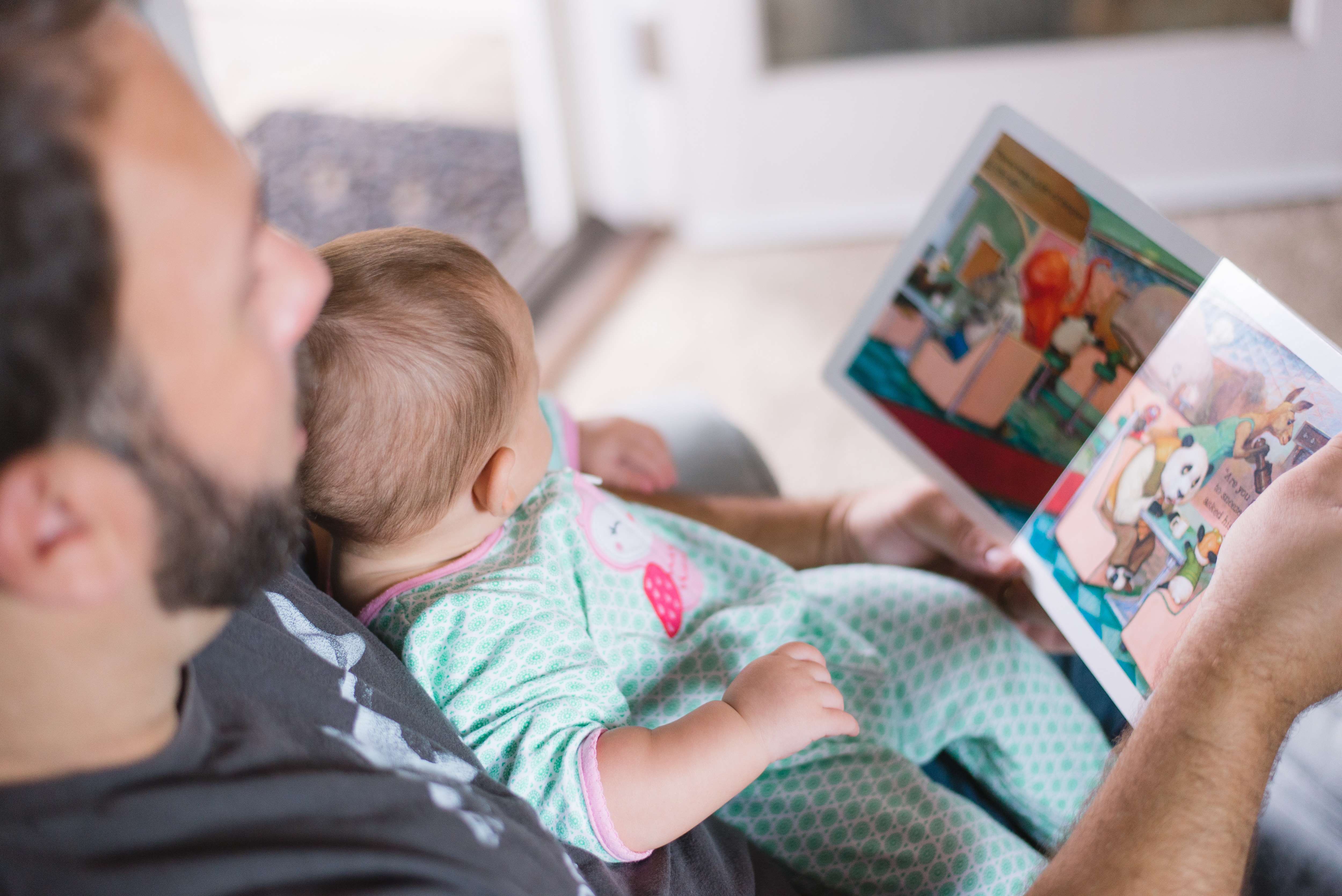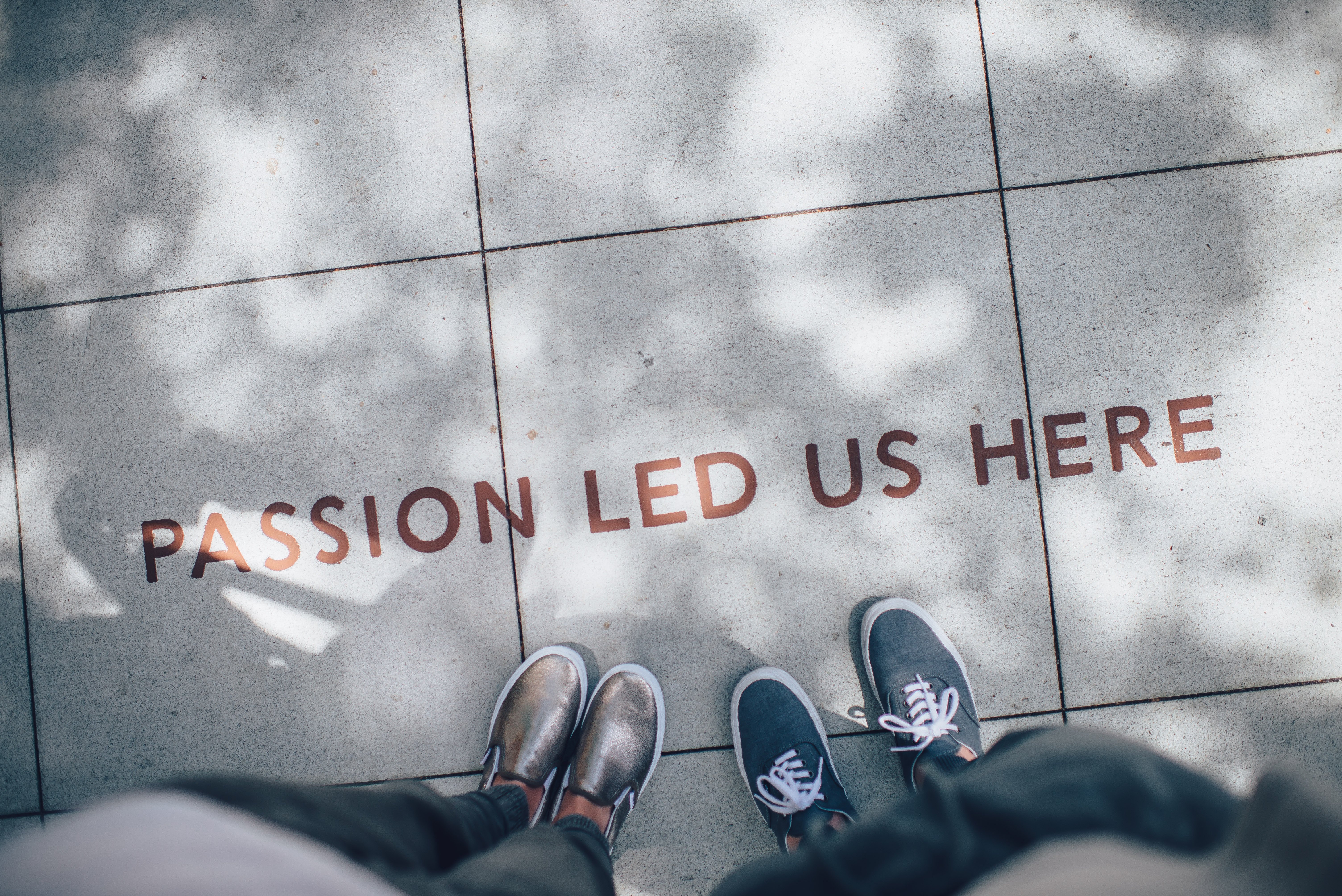 I was a classic overachiever in high school. I wanted to do it all, be everything to everyone, and always come out on top. The problem was, I kept running out of hours in the day to get it all done.
I was a classic overachiever in high school. I wanted to do it all, be everything to everyone, and always come out on top. The problem was, I kept running out of hours in the day to get it all done.
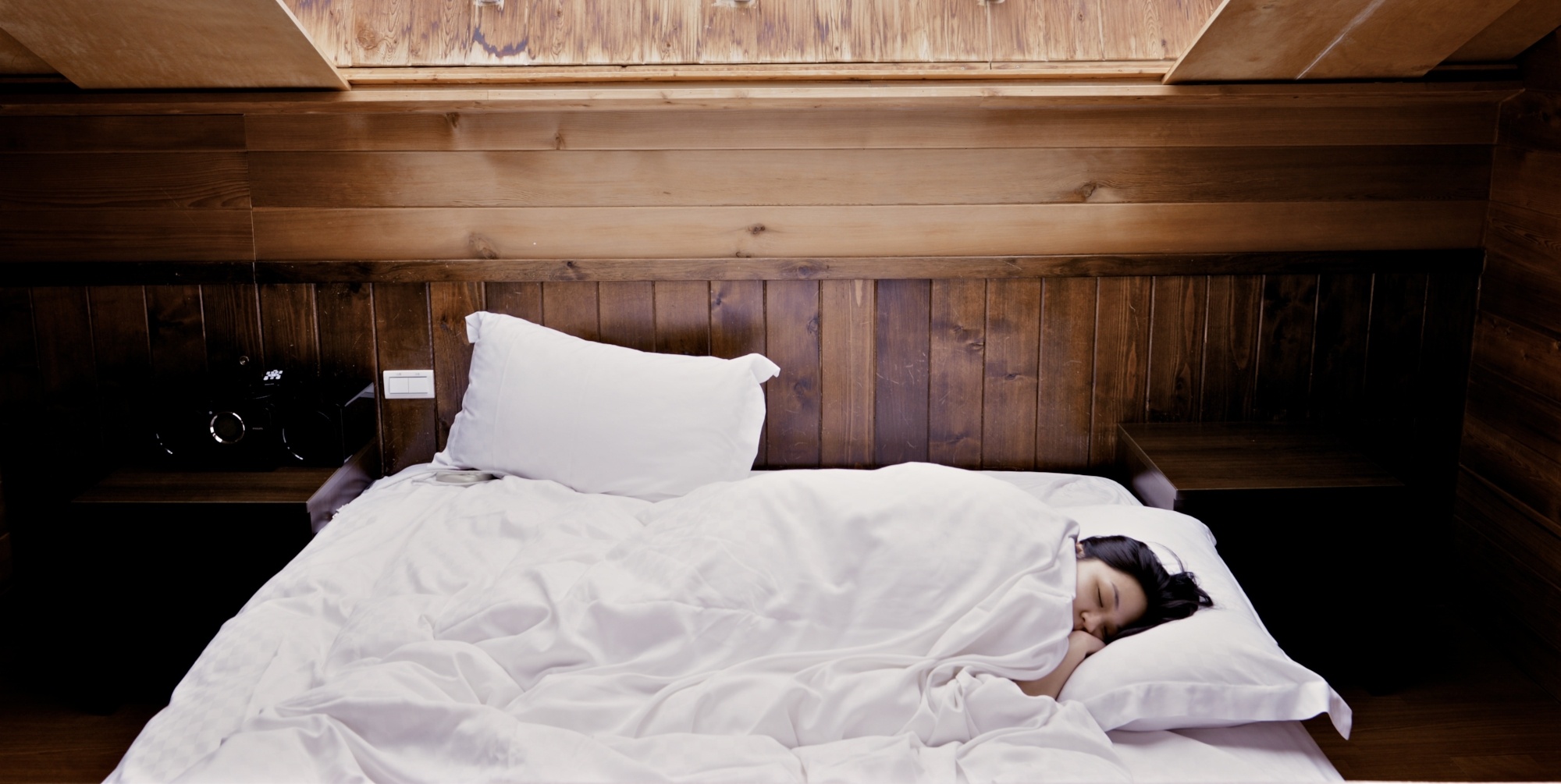
Between practices for two sports, AP classes, orchestra rehearsal, and duties as Class President, I was really busy. (But also, let’s be honest, lots of time was being wasted on crafting the perfect away message on Instant Messenger too.)
Sleep was this bothersome necessity that I succumbed to only when I absolutely had to.
After all, I could study a little extra for that exam (or instant message with my crush for hours on end) if I just didn’t have to sleep. So I tried hard not to.
I took my friend’s Adderall whenever I needed extra focus for an assignment and started drinking coffee around the clock. I only slept in brief 1–2 hour “naps,” and always with the lights on and my books nearby so that I could get back to work as soon as my alarm went off.
On the outside, I was crushing it.
I had great grades and was excelling in my extracurricular pursuits. But inwardly, I was starting to fall apart.
I had a panic attack while alone at the computer one night.
Then I had another one.
Then I stopped being able to get myself to school in the mornings.
I was debilitatingly exhausted. My teachers were lenient, but my grades began dropping. I was depressed, incredibly anxious, and berated myself constantly for not having better “time management” and self-control. ‘Why couldn’t I be like the other kids and just get shit done and function normally?’ I thought.
That’s when I found a therapist who changed everything.
He asked me about my sleep (what little there was of it) and recommended I try putting myself to bed and waking up at roughly the same time every day for two weeks. He told me about sleep deprivation and said that its symptoms look a lot like major depression and anxiety.
I tried my therapist’s recommendations and felt like a completely new woman. I felt like someone had put the foundation back under me.
I could think clearly again. My body didn’t feel completely depleted all the time. I was laughing and smiling and could get out of bed in the morning.
Once I was well-rested, I began evaluating other aspects of my life. I started saying “no” to time-sucking commitments I didn’t really want to do. I began noticing what I ate and how I exercised. Eventually, I felt like this bright-eyed, capable, vibrant woman began showing up to inhabit my skin (we’ll call her — “Best Self”). Turns out, I really like her and want to keep her around. And when I treat her nicely, she stays.
I hope each of you gets to meet and befriend your Best Self.
To that end, here are the practices I’ve found most helpful in my self-care journey. I hope they resonate with you and help you blossom into the most vibrant and fully alive version of yourself.
1. Sleep in the dark
For me, it all started with sleep. My burnout was caused by regularly forfeiting sleep and my path back to health was found by recovering it.
I used to think I would make up my sleep deficit on the weekends, or whenever my life settled down and I had more time. But now I know life is never going to slow down. We’re always going to be busy and bombarded with opportunities to fill whatever free time we might have.
I invite you to simplify your life, do LESS of the stuff that’s not necessary (aka, watching every episode of Game of Thrones .. yep, I said it!) and prioritize getting more sleep, starting tonight.
Getting more sleep is good, but getting quality sleep is even better (and we really should be striving for greatness in the sleep category, because it’s way more important than we think.)
- It makes us more creative
- Helps us lose weight
- Improves memory
To name only a few benefits…
There are lots of small tweaks you can make to your routine and your sleeping environment to improve your rest. A great book that shares 21 sleep hacks in detail is Shawn Stevenson’s Sleep Smarter. A summary of the points he makes can be found here.
Some of my favorites include:
- making sure your sleep environment is totally dark (blackout curtains are great for this)
- not using screens before bed and keeping electronics out of the bedroom
- exercising in the morning rather than late at night before bed.
Whatever your wellness goals may be, try starting with sleep and see if it doesn’t help everything else in your life too.
2. Be mindful
Meditation is a trendy topic right now. It’s been proven to make you happier, more focused, and perform better under stress. Things we could all benefit from, for sure.
But if you’re like I was, you don’t really have an hour every day to sit and chant ‘Om’ on a cushion with your eyes closed. Nor do you really want to, or understand what you’re supposed to be doing in your head.
I was in this category, but decided to just start somewhere with the little knowledge I had. I started with breathing because, well, it’s something I’m always doing no matter where I am :)
Whether I was standing in line at Target, or waiting to fill my tank at the gas station, I started remembering my breath. I would notice my breath and then I would “check in with” the rest of my body, and eventually my mind. And I kept doing it because it felt good. Like mentally escaping to a quiet stream in the middle of a peaceful forest, just for a moment, whenever I wanted to.
This Time article sums it up brilliantly: Mindfulness is about noticing our thought patterns so that they don’t control us and we control them.
This great little video by Headspace explains this concept:
Once I started tuning into my breath and body and thoughts, I noticed how much of my mental soundtrack was dedicated to unproductive thinking about anything other than the present.
So I started changing my thoughts and bringing my attention back to the present moment. I’ve let go of so much regret about the past and anxiety about the future that way. And I’m working to fill my mind back up with positivity and creativity.
No matter how you do it (and I suggest trying different methods — there are many to choose from!), meditation is hard and you’ll likely have the most success if you’re supported by others.
I recommend teaming up with someone in your life and practicing together as often as you can. Or, get support virtually using a meditation app. My personal favorite is called Insight Timer. It has a ton of free content (I really like guided meditations and it has hundreds of those) and great timing and tracking tools. Other popular apps are Headspace and calm.com, which have free trials and some free content. Try them all and find what works for you!
3. Get up!
Have you heard yet? Sitting is the new smoking.
Most of us are spending more time then than ever sitting behind the wheel of a car, at a desk while we work, and in front of a TV screen at night. And medical professionals are saying that all of this sitting is actually really bad for our circulation (including blood flow to the brain), our muscle tone, our internal organs, and our spinal health.
Just check out this terrifying image of a sitting spine!

Of course, there are times when you really can’t avoid sitting (sign me up for the first standing-driver car when they invent it!), but there are many times when it’s not necessary.
- Suggest a walking meeting the next time you have a 1:1 with your manager.
- Pull yourself away from your computer and take a lap around the office every hour.
- Lift hand weights or do 3 push-ups every time you finish a call or write 5 emails.
- Get creative and remember that any movement is better than no movement!
Taking this ‘little-by-little’ approach to exercise works well for me. I rarely feel like I have the time and energy to devote to going to the gym regularly, so I used to not exercise at all. But then I ditched my “all or nothing” mindset about and started seeing myself instead as a fit, capable person who’s going to move and use her body at every possible opportunity, whatever that means.
So yes, you’ll find me parking in the furthest spot from the mall entrance and taking the stairs instead of the elevator whenever I can. Getting the blood pumping (even just for 30 seconds!) and moving even just a little works miracles for my energy levels and focus throughout the day.
4. Our sugar addiction
I say “our” because we’re all in the same boat. We’re all addicted to sugar and are going to have a hard time going off it cold turkey. And yet we keep hearing that it’s bad for our energy levels, hormones, metabolism, brain function, etc.
I’ve found that cutting out added sugar (and wine, sadly) has done miracles for my sleep, headaches (they’re gone!) and focus throughout the day.
Here are some simple ideas to get you started on how to limit sugar:
- Try drinking your coffee black, since drinking sugar is worse than eating it.
- Avoid diet sodas (the fake stuff is even worse for your body than real sugar, hate to say it).
- Keep nuts and ready-to-eat veggies at your desk so you can pass on the cookies in the break room.
- And since sugar sneaks its way into lots of packaged and processed foods, the best way to avoid it is to cook your own food from scratch whenever possible, and get out of the grocery store without putting junk food in your cart. The app Mealime makes finding recipes, meal planning, and list-making a cinch. I find that this practice means I’m much less likely to eat sugary junk food throughout the week.
If you want to learn more about sugar (and the havoc it’s wreaking on public health in America), I recommend watching the documentary Fed Up, found on Netflix. The creators also have a 10-day sugar cleanse program on their website. with recipes and resources to help you kick the sugar habit. Go for it!
5. Be your own therapist
You know what makes your Best Self run away and hide? Negative thoughts.
You can be sleeping 8 hours a night, running 5 miles every morning, and eating veggies all day, but if you’re hating yourself, your self-care measures are not going to be as effective as they could be.
And self-disparaging thoughts are sneaky. They have a way of multiplying and dominating your mental airwaves if gone unchecked. A taste of the regular programming:
Why didn’t that person say ‘Hi’ to me? It must be because I’m so awkward. I should have worn a different outfit. I wish I’d done better on that presentation. I suck. Nothing goes right for me. I’ll never be good at anything. Etc, etc.
We can get so stuck in our own negative self-spiral that it can be hard to change the script and get to a different place without intervention. Therapy is really effective and amazing, but there’s also a lot you can do to help yourself by changing your thoughts and your personal narrative about who you are without paying to see a professional.
Carve out 20 minutes with a journal and write a mini life-review, from the perspective of your best friend observing your life. Think of all the incredible challenges you’ve moved through and hard decisions you’ve made. Think of all the risks you’ve taken and how brave you’ve been.
Chances are, you’ve been taking your strengths for granted. We’re all doing a lot better than we think we are and could truly achieve so much more if we turned off the negative self-talk and became our own biggest cheerleaders.
Take a tip from this amazing dad and tell yourself every morning: ‘I’m loved. I’m resourceful. I’m incredibly strong. And I’m enough just the way I am.’
Let that be the soundtrack of your day. And then give yourself a high-five for putting yourself to bed at 10:00 pm last night. It felt good, didn’t it?
Here’s to a happier, healthier 2017!

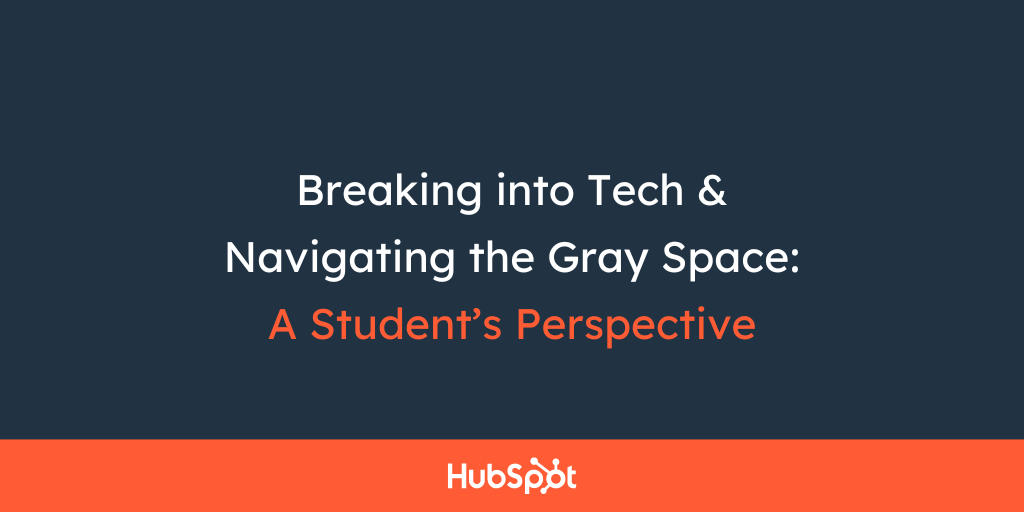
.png)
